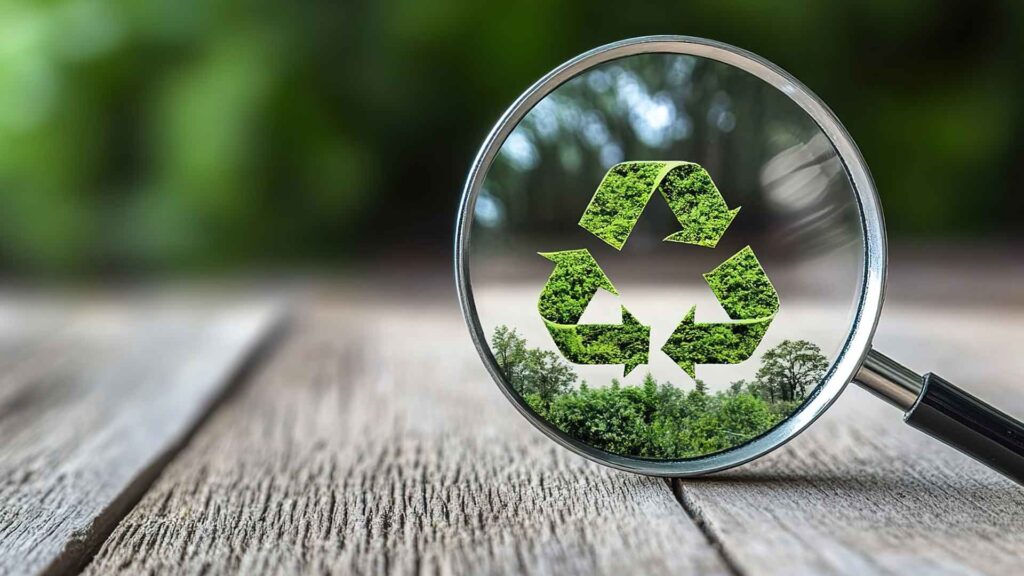The Policy Forum for Wales recently hosted the ‘Priorities for Water Management and Policy in Wales’ conference. Our Head of Environment, Climate and Sustainability, Stephen Sykes, was invited to speak at one of the conference’s key panel sessions, ‘Maintaining a healthy and sustainable water resource that will benefit future generations’.
Speaking alongside key industry experts, including Gail Davies-Walsh, Chief Executive Officer, Afonydd Cymru; Barrie Davies, Director, Asbri Planning; and Kate Gilmartin, Chief Executive Officer, British Hydropower Association.
The debate tackled the thorny issues around a healthy and sustainable water resource, including:
- assessing the action plan for SAC river management in Wales
- economically and environmentally sustainable water management
- housing and energy sector priorities
- assessing the potential for water resource use.
Following on from the panel discussion, Stephen details the top five priorities for ensuring healthy and sustainable water resources in Wales that urgently need to be considered.
1. Measurement and management
An urgent and first priority is to obtain better data relating to the quality of groundwater and surface waters in Wales. It is not possible to manage the quality of our water resources unless we can measure this with confidence. The good news is that one of the Welsh Government’s top priorities is to improve water quality monitoring.
It may be possible to use open data and satellite data information and to leverage the willingness of local communities to monitor water quality in local rivers.
2. Long-term planning
We are fortunate in Wales to have the Future Well-Being of Generations Act 2015. This creates a duty on public sector bodies to take account of the interests of future generations in their decision making. This encourages public bodies to take the long view look.
It would nonetheless be helpful to frame public policy priorities for water resource management goals within specific timeframes, say for example:
- 3-5 years: urgent improvements
- 10-20 years: intermediate improvements to be made within 10-20 years; and
- 50-100 years: SMART targets would then need to be applied — so, targets that are Specific, Measurable, Achievable, Realistic and Timely.
3. Celebrate progress
It is not possible to achieve significant environmental improvements without strong leadership, community engagement, a clear plan and enthusiasm. Achieving and maintaining healthy and sustainable water resources will require support and action from all sectors of society.
Progress should always be recognised and celebrated – e.g., the general reduction of organic pollution in urban rivers across Wales over the past three decades. That said, all achievements need to be benchmarked against water quality standards using sound and reliable data (which brings us back to point 1 above).
4. Issues of concern
The interrelated climate and biodiversity emergencies have a bearing on water resources in Wales.
Wetter winters are being experienced as a result of climate change. They result in flooding of our sewers and drains. We have an extensive network of combined sewers in Wales – i.e. sewers which take both foul water (sewerage) and surface water runoff. This means that the flooded water which impacts businesses and householders is often contaminated with faecal and other deleterious material.
Wetter winters also result in increased agricultural runoff, including slurry, into our streams and rivers, impacting biodiversity.
Drier summers (such as the one we experienced in 2022), where temperatures approach 40°C result in low flows in our rivers. Sewage discharged into our rivers at such times will have a higher concentration with a consequently increased, negative impact on river quality.
5. Plan for the future
Wales is rightly regarded as the most forward thinking and progressive UK nation when it comes to Environmental Protection. The question though, is whether we are doing enough to ensure a healthy and sustainable water resource for future generations.
We should look at the environmental and water resource policies of other parts of the world from time to time to see if they have any fresh ideas which we could take on board.
New South Wales, Australia, for example, has a specialist Land and Environment Court which concentrates the legal and technical expertise to deal with complex environmental issues within a single, expert tribunal. Established back in 1980, this court has worked well and might be useful innovation for England and Wales.
New Zealand passed an Act in 2017 to give legal personality to a river. Two guardians are appointed to protect the river and hence, if necessary, take legal action in its name to mitigate threats to its water quality.
For more information or advice on the increasing legal responsibilities surrounding environmental law, get in touch with Stephen Sykes, Head of Environment, Climate and Sustainability.




